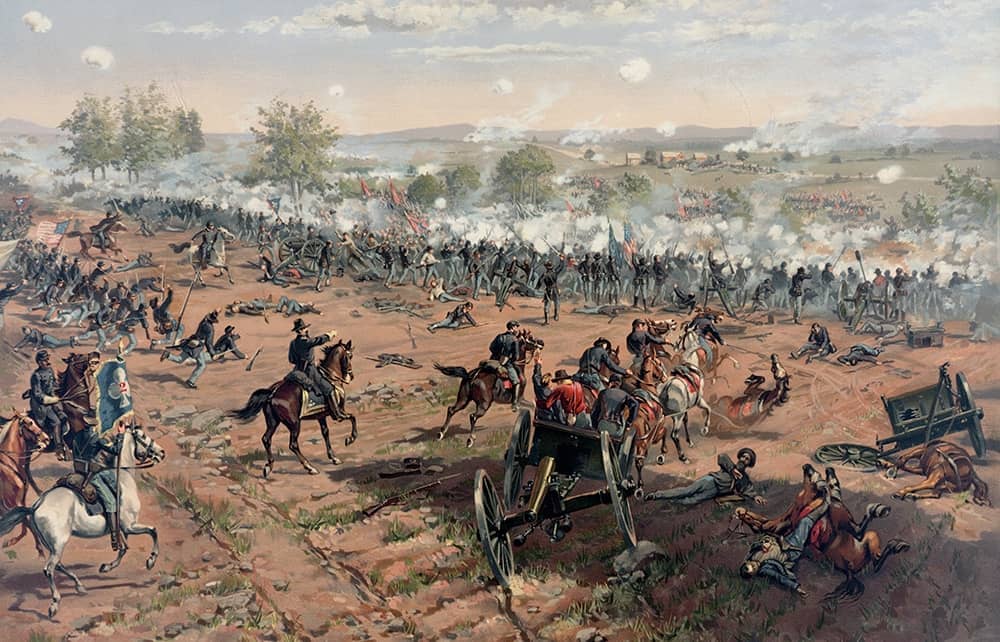Long Shadows, a powerful novel set mainly in the American civil war, is very unlike Gone with the Wind. The narrator, Tom Smiley, is now an unhappy ghost trapped in his old home, which, apart from snakes, mice and silverfish, has been uninhabited since his widowed daughter Clara died. A young couple arrive: Harry, who has inherited the property, and Phoebe, a psychic. To Tom’s indignation, they start renovating, getting rid of loved objects such as his family’s kitchen table and piano. Letters, medals and his sisters’ clothes are unearthed, prompting painful memories for him.
This is the story of a man from a modest Virginia farming family who were not slave-owners, though Tom is riven with guilt about a past cowardly act, and sometimes about slavery, which he’d hardly considered when he rashly enlisted as a teenager in the Confederate army shortly before his home state seceded from the Union in May 1861.
Abigail Cutter’s knowledge of what soldiers and their families endured – smallholders often close to starvation as the Union army marched south – is impressive, as is her skill in bringing these scenes to life. The casual cruelties – and some kindnesses – of both Confederate and Union troops are persuasive. Tom, with his friend Sam, rescues a ‘Union’ dog from being hanged by drunken Confederate Mississippi boys, but then participates in stoning a man his father’s age for being the recipient of a letter from a ‘Union’ Pennsylvania relative.
The way the combatants try to keep the full horrors of war from their families at home rings true. A romantic patriotic poem – ‘His noble heart is now at rest; the young, the beautiful, the grave’ – on a soldier’s coffin contrasts with graphic scenes in the wheat fields and peach orchards around Gettysburg, where ‘Confederate bodies sprawled across boulders and twisted in the grass.’ The beady, informative letters from Tom’s younger sibling, signed ‘Your loyal sister, Mary’, are very moving. He had kept every one.
Personally, I would have got a priest to exorcise the house. Tom, as poltergeist, moves Harry’s heavy toolbox several feet across the floor, alarming Phoebe. She summons a neuroscience professor, who urges her to help Tom, not fear him, and to understand the tragedy of his transformation from eager innocent boy to broken man. Tom’s experiences, so vividly described, highlight the futility, chaos and hopelessness of war. Long Shadows is a deep and thought-provoking novel.






Comments